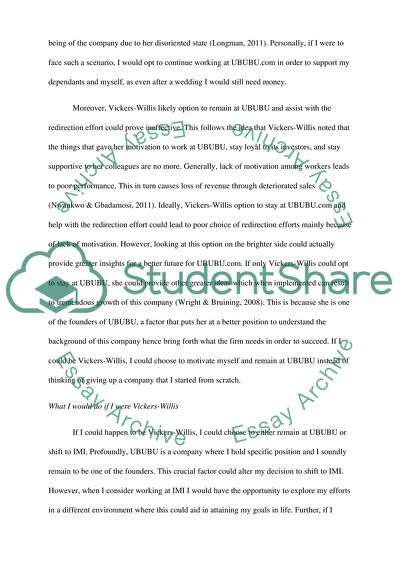Entrepreneur Marketing Case Study Example | Topics and Well Written Essays - 1000 words - 1. https://studentshare.org/marketing/1783593-entrepreneur-marketing-vickers-a-case-study-analysis
Entrepreneur Marketing Case Study Example | Topics and Well Written Essays - 1000 Words - 1. https://studentshare.org/marketing/1783593-entrepreneur-marketing-vickers-a-case-study-analysis.


